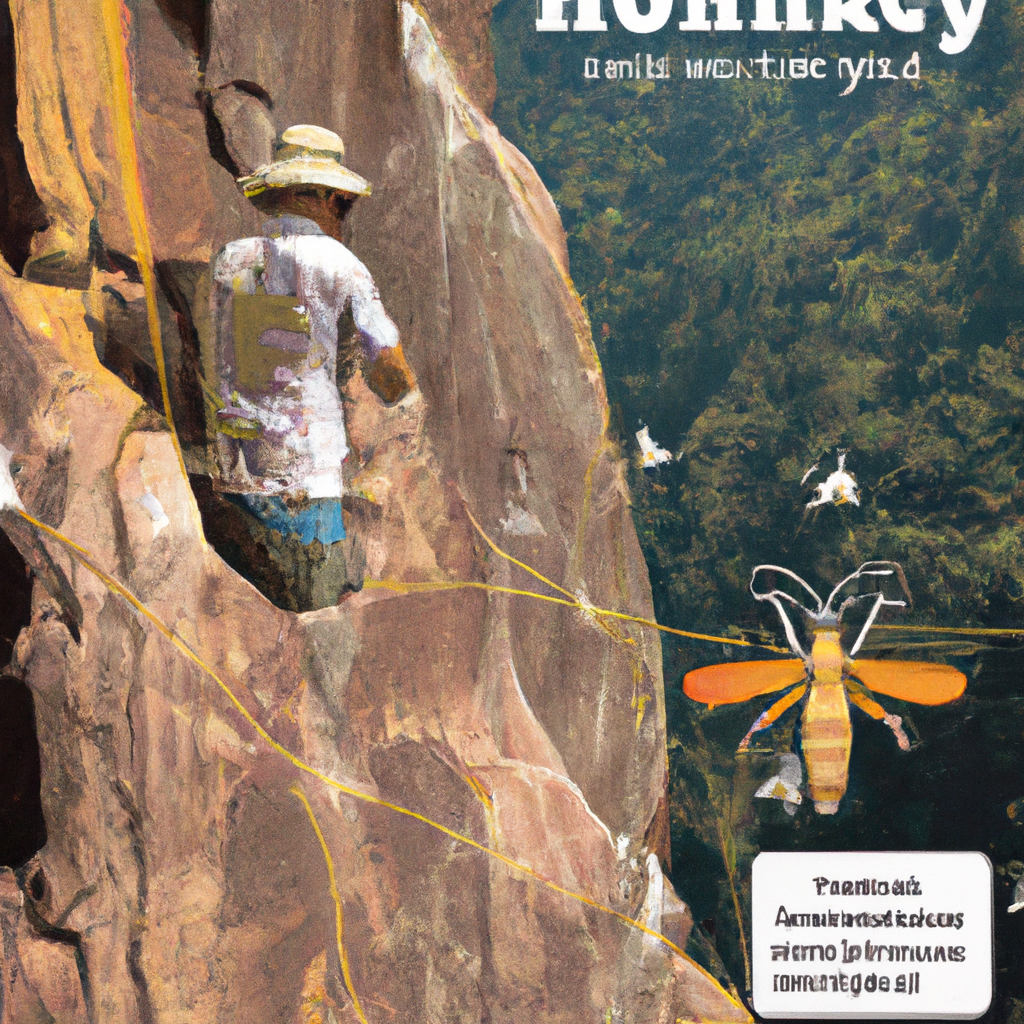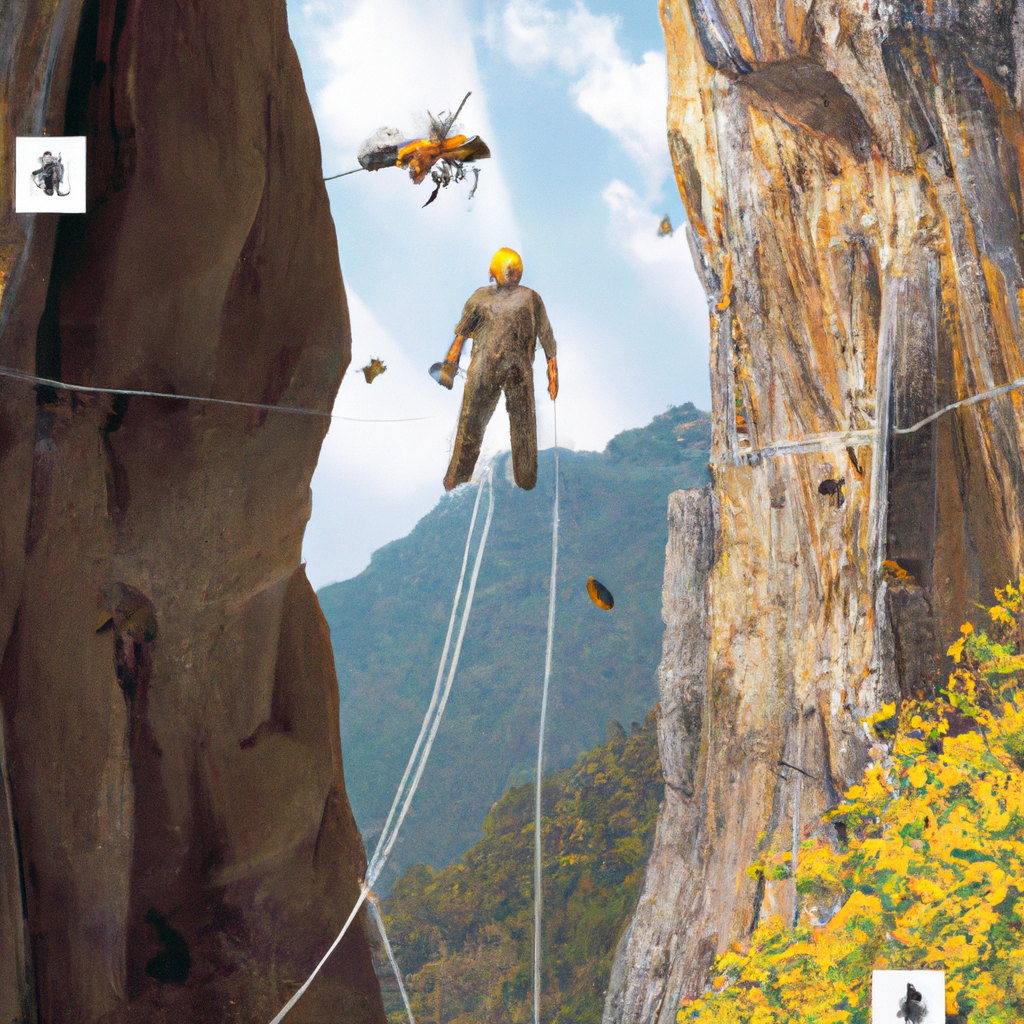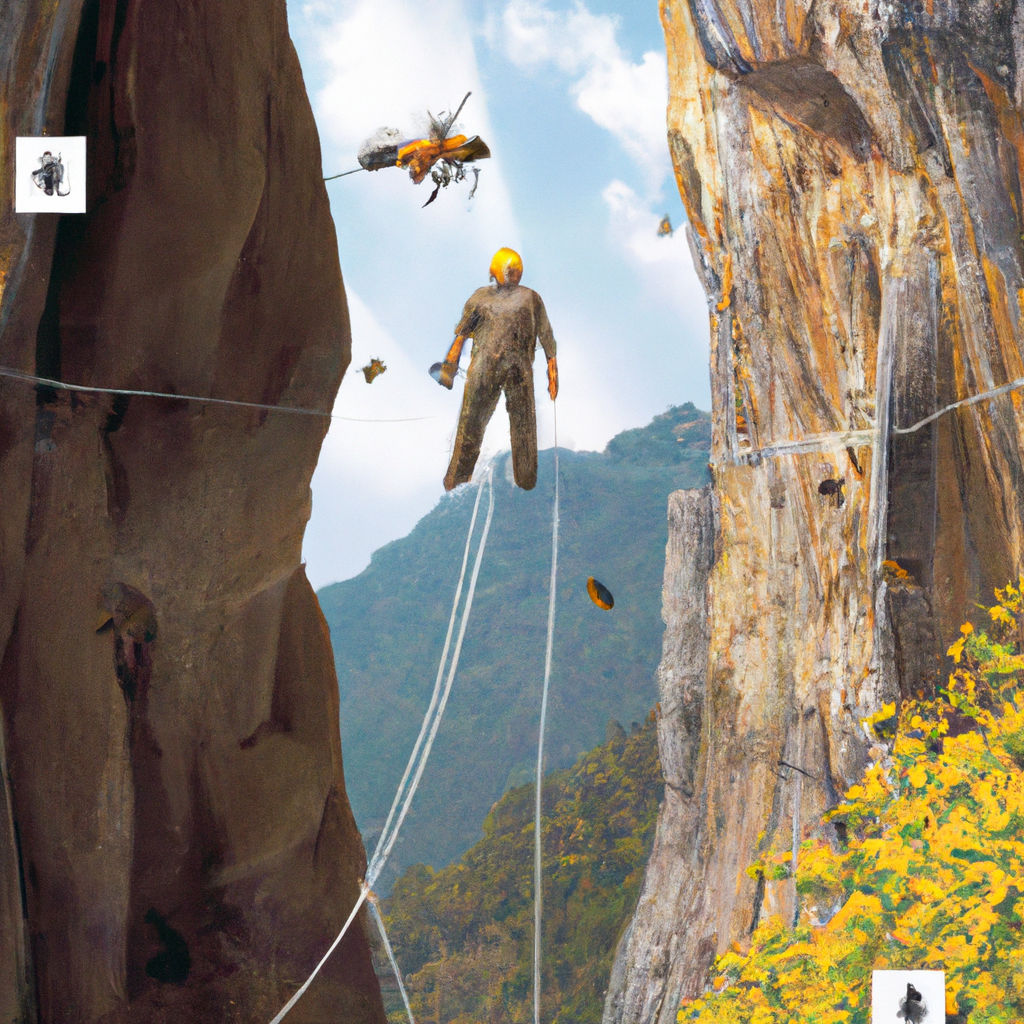Join us on an exhilarating journey as we explore the thrilling world of Thailand’s honey hunters. From the lush forests of Thailand to the remote villages, these fearless individuals embark on a daring quest to collect golden treasures hidden within the depths of nature. Discover the secrets behind this ancient tradition and immerse yourself in the vibrant culture of Thailand, where traditional practices blend seamlessly with modern tourism, creating an experience unlike any other. Get ready to uncover the captivating lives of the honey hunters of Thailand as we delve into their remarkable stories and the breathtaking landscapes that serve as their backdrop.
The Fascinating Lives of Thailand’s Honey Hunters
Thailand’s honey hunters lead captivating lives, deeply rooted in tradition and adventure. These fearless individuals undertake the perilous task of venturing into the wild to collect the precious golden nectar produced by bees. In this article, we will explore the background of honey hunting in Thailand, the traditional techniques and tools used by honey hunters, the challenges they face, sustainable honey hunting practices, the various honey varieties found in Thailand, the role of honey hunters in local communities, the emergence of honey hunting as a tourist attraction, popular honey hunting locations in Thailand, efforts to nurture the future generation of honey hunters, and the importance of preserving the honey hunting tradition in Thailand.
Background of Honey Hunting in Thailand
Honey hunting in Thailand boasts a rich history spanning centuries and is deeply ingrained in the country’s cultural tapestry. Thai honey hunters draw upon age-old techniques passed down from generation to generation. These methods were developed by observing the behavior of bees and their habitats, allowing honey hunters to understand their patterns and leverage this knowledge to harvest honey. The practice of honey hunting has evolved alongside the country’s agricultural and economic landscape, and it continues to be a vital aspect of rural life in many communities.
Traditional Techniques and Tools used by Honey Hunters
Thailand’s honey hunters employ a range of traditional techniques and tools that have been refined over time. One such technique involves carefully locating wild beehives in treacherous and hard-to-reach areas such as cliffs, trees, or even caves. Honey hunters demonstrate exceptional agility and skill as they navigate these challenging terrains, often with little to no protective equipment. These skilled individuals utilize tools like long bamboo poles with smoking pots attached at the end to create smoke, which helps calm the bees and enables the hunters to safely extract the honeycombs.

Challenges faced by Honey Hunters
Honey hunting is not for the faint of heart. Honey hunters must overcome numerous challenges in their quest for honey. The inherent danger of scaling treacherous cliffs and navigating dense forests poses a constant risk to their safety. The bees themselves can be aggressive and defensive of their hives, with their stings proving hazardous if not handled carefully. Additionally, climatic conditions and unpredictable weather patterns can disrupt the habitats of bees and impact honey production, further complicating the efforts of honey hunters.
Sustainable Honey Hunting Practices
In recent years, there has been a growing recognition of the importance of sustainable honey hunting practices. As honey hunting can potentially disrupt bee populations and their habitats, initiatives have been launched to promote responsible harvesting techniques. Honey hunters are encouraged to leave behind a portion of the honeycombs to ensure the bees can continue thriving and contribute to the ecosystem. This sustainable approach not only preserves the delicate balance of nature but also ensures the long-term sustainability of honey production.

Honey Varieties Found in Thailand
Thailand’s diverse landscapes and unique flora give rise to a plethora of honey varieties. Each region of the country offers distinct taste profiles and characteristics. For instance, the southern region is renowned for its wildflower honey, which boasts a rich and floral aroma. In contrast, the northern regions yield honey produced by bees foraging on lychee and longan orchards, resulting in a lighter and fruitier flavor. Other popular honey varieties found in Thailand include sunflower honey, stingless bee honey, and honey derived from specific flowers such as lotus or coffee.
Role of Honey Hunters in Local Communities
Honey hunters play an integral role in local communities, not only as providers of this sweet delicacy but also as guardians of cultural heritage. The profession of honey hunting often runs in families, with skills and secrets passed down from one generation to the next. The role of honey hunters extends beyond honey extraction, as they serve as mentors, educators, and custodians of traditional knowledge. Additionally, the economic benefits derived from honey hunting contribute to the livelihoods of many rural communities, providing them with a sustainable income source.
Honey Hunting as a Tourist Attraction
In recent years, honey hunting has emerged as an exciting and adventurous tourist attraction in Thailand. Visitors from around the world are drawn to the opportunity to witness the remarkable skills of honey hunters and explore the pristine natural environments where they carry out their work. Tourists can observe the entire honey harvesting process, from locating the hives to extracting the honeycombs. This immersive experience allows visitors to gain a deeper understanding of the cultural significance of honey hunting while supporting local communities and fostering sustainable tourism practices.
Popular Honey Hunting Locations in Thailand
Thailand offers various locations where honey hunting thrives, each encompassing its own unique charm and characteristics. The mountainous regions of Chiang Mai and Chiang Rai in northern Thailand are renowned for their honey hunting traditions, providing the perfect backdrop for visitors to witness honey hunters in action. The southern provinces of Surat Thani and Krabi, nestled amidst lush forests and renowned for their diverse flora, also offer exceptional honey hunting experiences. These locations serve as gateways to exploring Thailand’s natural wonders while engaging with the captivating world of honey hunting.
Nurturing the Future Generation of Honey Hunters
Efforts are being made to nurture the future generation of honey hunters, ensuring the continuation of this remarkable tradition. Honey hunting schools and apprenticeship programs have been established to pass on the necessary skills and knowledge to aspiring hunters. These institutions provide comprehensive training in climbing techniques, hive identification, bee behavior, and sustainable harvesting practices. By equipping the new generation with the tools they need, these initiatives seek to preserve the intricate art of honey hunting and foster a sense of pride in the cultural heritage it represents.
Preserving the Honey Hunting Tradition in Thailand
Preservation of the honey hunting tradition in Thailand is of utmost importance to maintain its cultural significance and ecological impact. Cooperation between honey hunters, local communities, conservation organizations, and government authorities is crucial in safeguarding this valuable practice. Initiatives aimed at raising awareness, regulating honey hunting activities, and ensuring sustainable harvesting practices are essential to strike a balance between cultural preservation and environmental conservation. By embracing these efforts, Thailand can continue to celebrate the enchanting lives of its honey hunters for generations to come.
In conclusion, Thailand’s honey hunters lead extraordinary lives that intertwine tradition, nature, and adventure. They navigate the challenging terrains, risking their safety to extract the tantalizing golden honey produced by bees. These skilled individuals play a vital role in their local communities, preserving cultural heritage while contributing to sustainable development. By embracing sustainable practices, honey hunting can flourish as an exciting tourist attraction, attracting visitors who are captivated by the remarkable skills and cultural significance of honey hunters. Through continued efforts to nurture the future generation and preserve this centuries-old tradition, Thailand can ensure the honey hunting legacy endures, showcasing the fascinating lives of its honey hunters for years to come.
